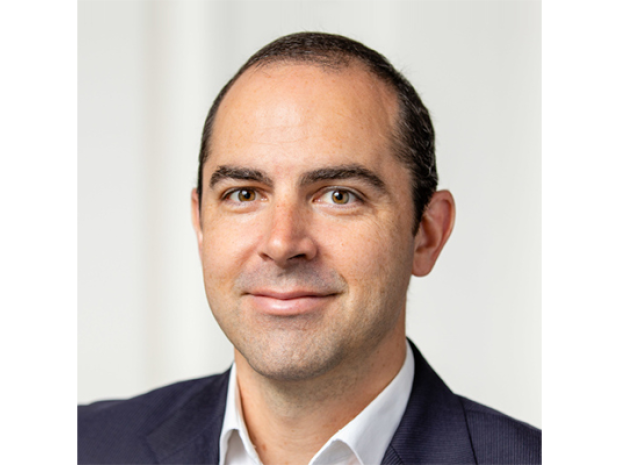Event cameras, their working principle and applications

Speaker:
Guillermo Gallego
Berlin Institute of Technology
Guillermo Gallego is Associate Professor at TU Berlin and the Einstein Center Digital Future, Berlin, Germany. He is also a PI of the Science of Intelligence Excellence Cluster. He received the PhD degree in Electrical and Computer Engineering from the Georgia Institute of Technology, USA, in 2011. From 2011 to 2014 he was a Marie Curie researcher with Universidad Politecnica de Madrid, Spain, and from 2014 to 2019 he was a postdoctoral researcher with the Robotics and Perception Group at the University of Zurich, Switzerland. He serves as Associate Editor for IEEE Transactions on Pattern Analysis and Machine Intelligence and IEEE Robotics and Automation Letters.
Abstract:
Event cameras, also called neuromorphic cameras or silicon retinas, are novel vision sensors that mimic functions from the human retina and offer potential advantages over traditional cameras (low latency, high speed, high dynamic range, bandwidth savings, low power, etc.). This talk will provide an overview of how event-based cameras work and the computer vision and robotics applications where they are being explored (monitoring, tracking, motion estimation, recognition, etc.). I will also present recent advances from the Robotic Interactive Perception Lab at TU Berlin on processing event data in specific topics of interest (optical flow estimation, 3D reconstruction, animal monitoring, etc.) as the discussion unfolds.

